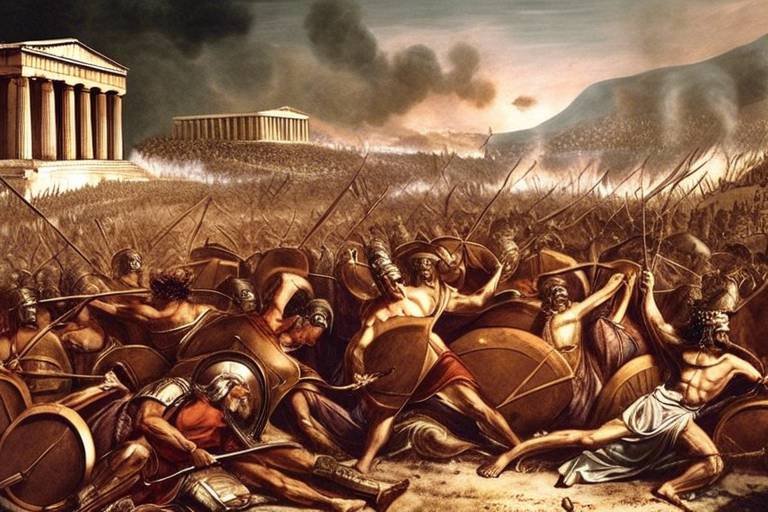The Influence of Ancient Egypt on Modern Science
Ancient Egypt, with its rich history and remarkable achievements, has left an indelible mark on modern science. The advancements made by the ancient Egyptians in various fields continue to influence and shape modern scientific practices, theories, and innovations. From mathematics to medicine, astronomy to architecture, the legacy of ancient Egypt resonates through the corridors of time, guiding and inspiring generations of scientists and researchers.
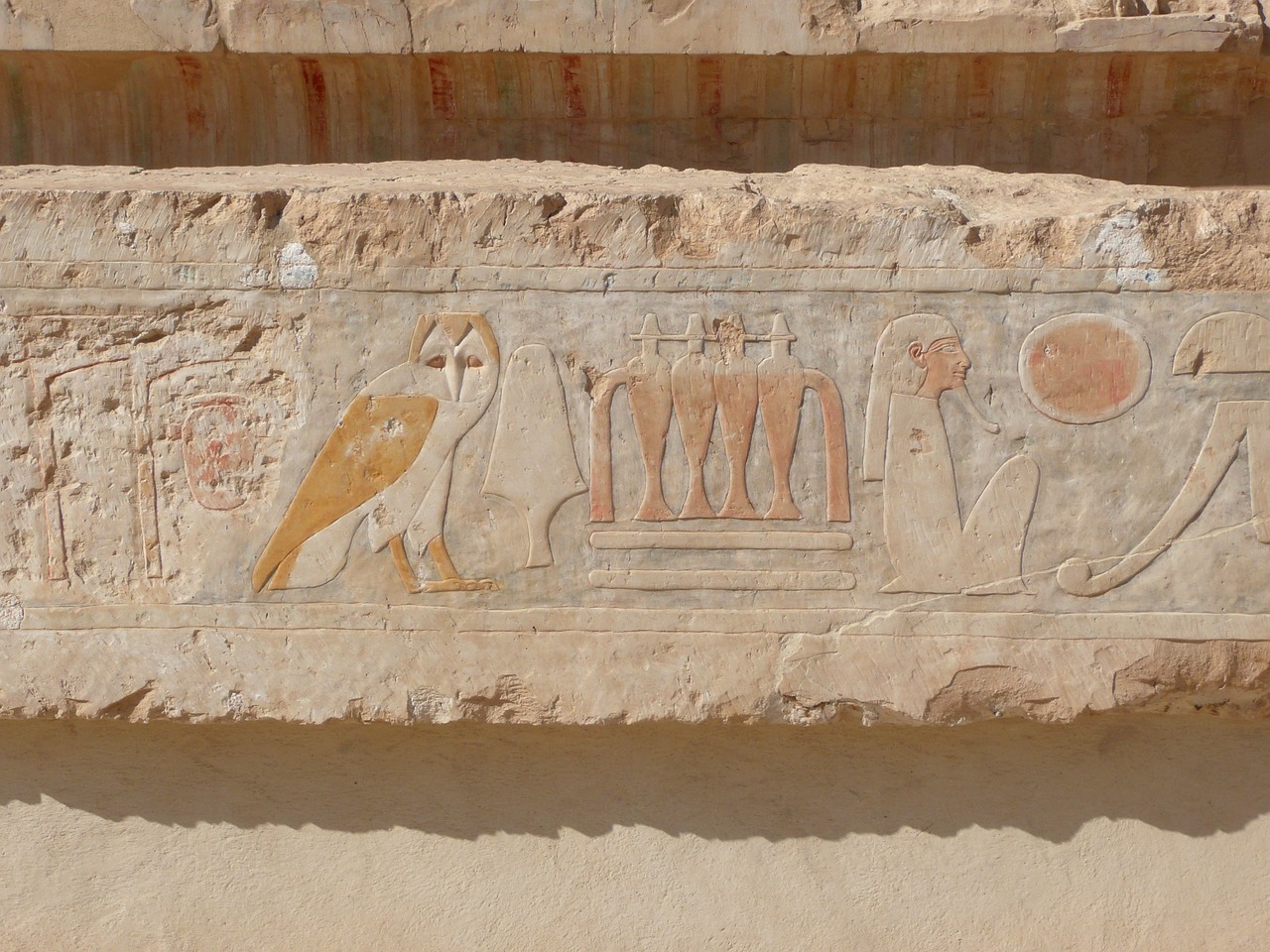
Ancient Egyptian Mathematics
Ancient Egyptian mathematics holds a significant place in the history of mathematical development. The ancient Egyptians were pioneers in various mathematical concepts and techniques that laid the foundation for modern mathematical principles and calculations. One of the most notable contributions was the development of a numeral system based on hieroglyphs, which included symbols for powers of ten. This system facilitated complex calculations and enabled the Egyptians to solve intricate mathematical problems.
In addition to their numeral system, ancient Egyptians also excelled in geometry, particularly in the measurement of land and construction of monumental structures like the pyramids. They demonstrated advanced knowledge of geometry through the precise alignment and symmetry of their architectural marvels. The mathematical precision seen in the construction of the pyramids continues to astound modern engineers and mathematicians, showcasing the enduring influence of ancient Egyptian mathematics.
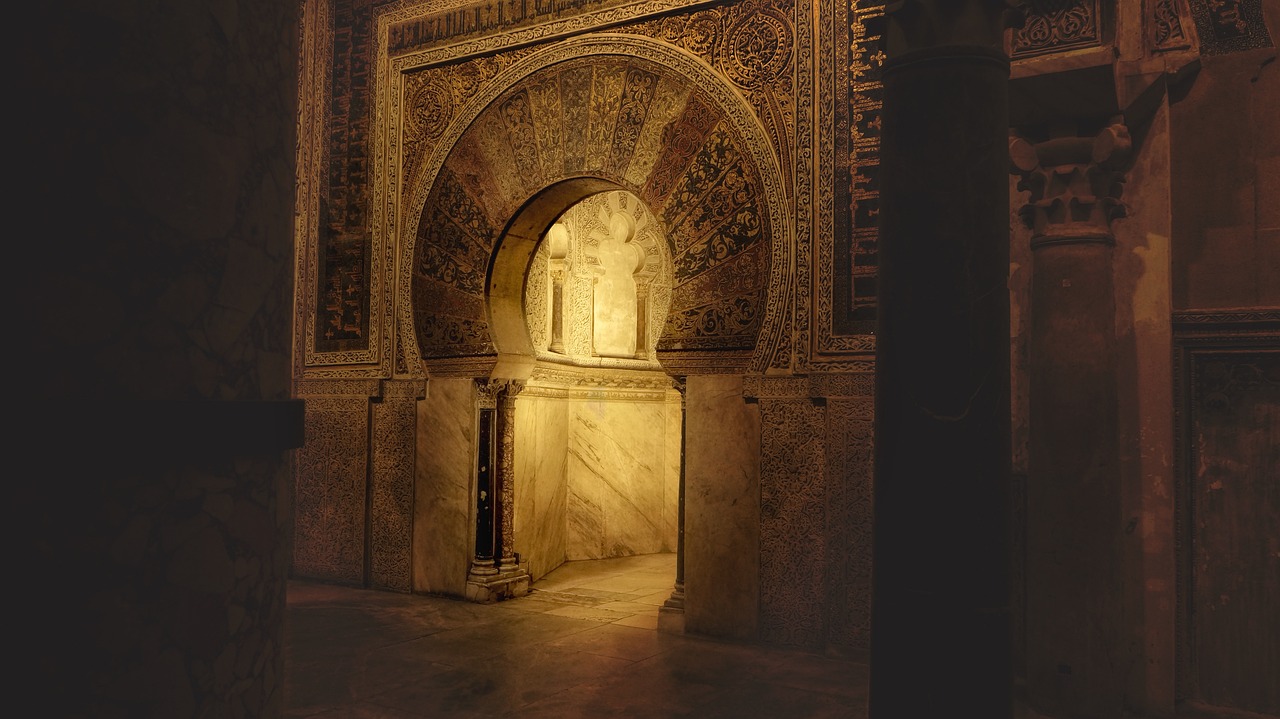
Astronomy and Astrology in Ancient Egypt
Exploring how the advancements in science and technology from ancient Egypt have shaped and influenced modern scientific practices, theories, and innovations.
Ancient Egypt holds a fascinating legacy in the realms of astronomy and astrology. The ancient Egyptians were keen observers of the night sky, tracking the movements of celestial bodies with precision and developing a deep understanding of the cosmos. Their observations of the stars and planets laid the foundation for modern astronomical studies, influencing the way we perceive the universe.
Astronomy in ancient Egypt was closely intertwined with their religious beliefs and practices, with the alignment of temples and monuments reflecting celestial events. The Egyptian calendar, based on the cycles of the moon and the star Sirius, demonstrates their advanced knowledge of celestial movements.
Astrology, the belief that the positions and movements of celestial bodies can influence human affairs and natural phenomena, also played a significant role in ancient Egyptian society. The alignment of the pyramids with certain stars and constellations is a testament to their astrological beliefs and practices.
By studying the skies and developing intricate astronomical and astrological systems, the ancient Egyptians laid the groundwork for modern astronomy and astrology, shaping our understanding of the universe and our place within it.
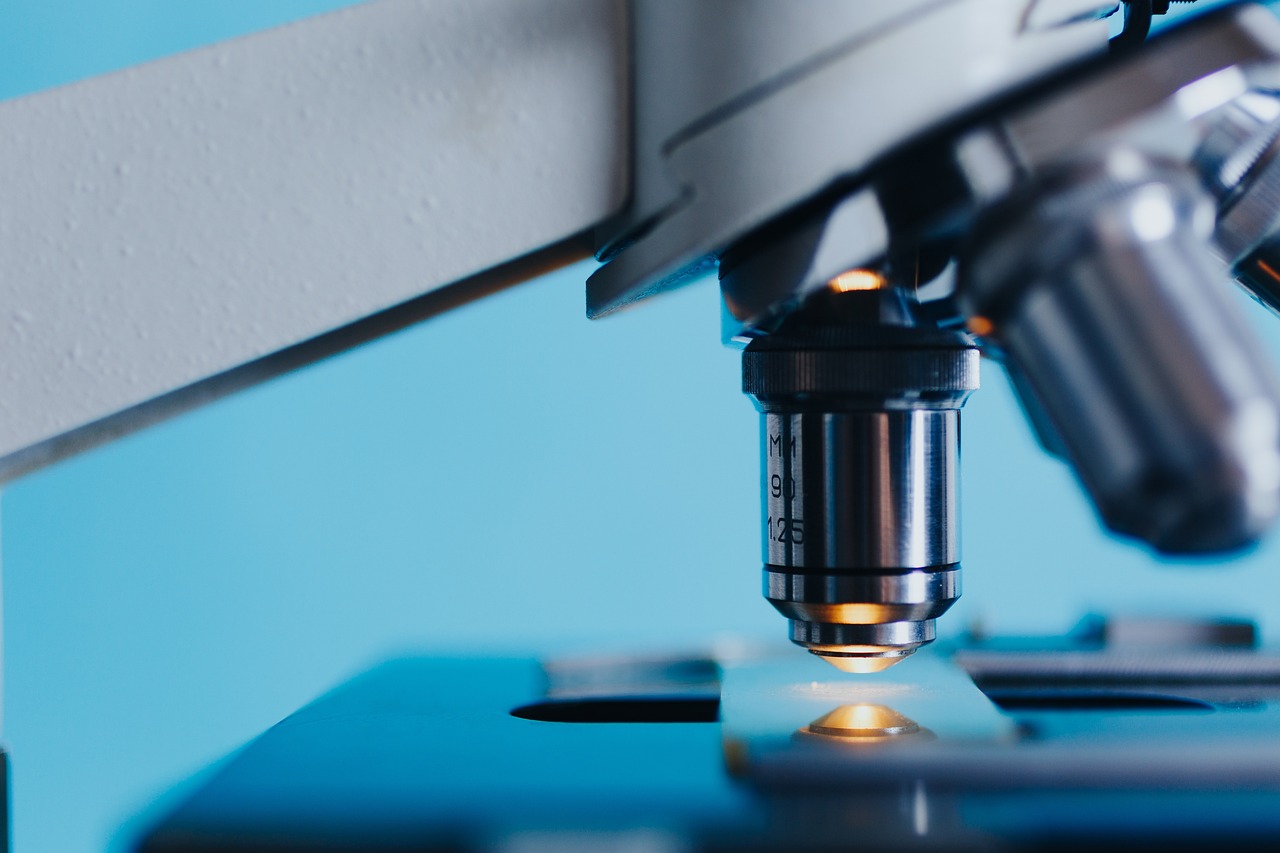
Medicine and Healthcare Practices
Ancient Egypt made significant advancements in the field of medicine and healthcare practices that have left a lasting impact on modern healthcare systems. The ancient Egyptians were pioneers in medical knowledge, developing techniques and treatments that have influenced modern medical practices.
One of the most remarkable aspects of ancient Egyptian medicine was their understanding of anatomy. They were among the first to study and document the human body's structure, organs, and functions. This knowledge laid the foundation for modern anatomical research and medical studies.
Ancient Egyptian physicians were skilled in surgical procedures, performing complex surgeries such as trepanation and limb amputations. Their expertise in surgery and wound care has influenced modern surgical techniques and practices.
Moreover, the ancient Egyptians were proficient in pharmacology, utilizing a wide range of medicinal plants and herbs for treating various ailments. They developed remedies for common illnesses, pain relief, and even eye diseases. Their knowledge of herbal medicine has had a lasting impact on modern pharmaceutical practices.
Healthcare in ancient Egypt was not limited to physical ailments but also included mental and spiritual well-being. The Egyptians believed in a holistic approach to healthcare, combining medical treatments with spiritual rituals and incantations to promote healing.
In addition to medical treatments, ancient Egyptian healthcare practices also focused on preventive measures. They emphasized the importance of cleanliness, hygiene, and diet in maintaining good health. These preventive healthcare practices have been integrated into modern healthcare systems to promote overall well-being and disease prevention.
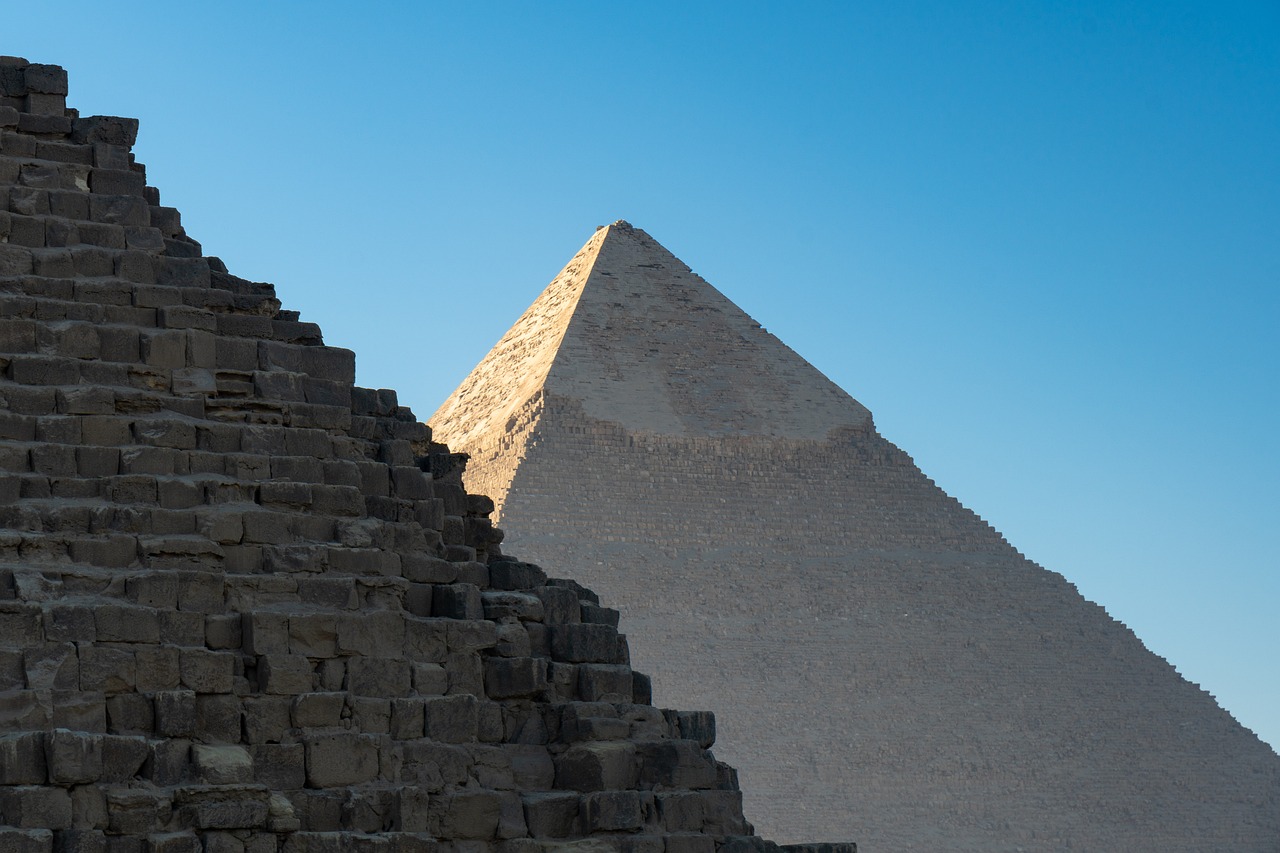
Engineering and Architecture Innovations
Ancient Egypt stands as a testament to the ingenuity and innovation of early civilizations, particularly in the realms of engineering and architecture. The monumental structures such as the pyramids and temples that grace the Egyptian landscape are a testament to the advanced engineering skills of the ancient Egyptians. These architectural marvels, built with precision and grandeur, continue to inspire modern construction and design principles.
The construction of the pyramids, in particular, showcases the ancient Egyptians' mastery of engineering techniques. The precise alignment of the pyramids with the cardinal points of the compass and the intricate design of the internal chambers demonstrate a deep understanding of mathematics and architecture. These structures, built thousands of years ago, continue to baffle and awe modern engineers and architects with their complexity and durability.
Moreover, the architectural innovations of ancient Egypt extended beyond the construction of monumental pyramids. The temples and tombs built during this era also reflect a sophisticated understanding of architectural principles. The use of columns, pillars, and hieroglyphic inscriptions not only served functional purposes but also added aesthetic value to the structures.
Furthermore, the ancient Egyptians' knowledge of materials such as limestone and granite, as well as their expertise in quarrying and transportation, enabled them to create enduring architectural masterpieces. The techniques and methods employed in the construction of these structures have influenced modern architectural practices, inspiring architects and engineers to push the boundaries of design and construction.
In conclusion, the engineering and architecture innovations of ancient Egypt continue to captivate and inspire modern scientists, architects, and engineers. The legacy of the ancient Egyptians lives on in the monumental structures they left behind, serving as a reminder of their remarkable achievements in the fields of engineering and architecture.
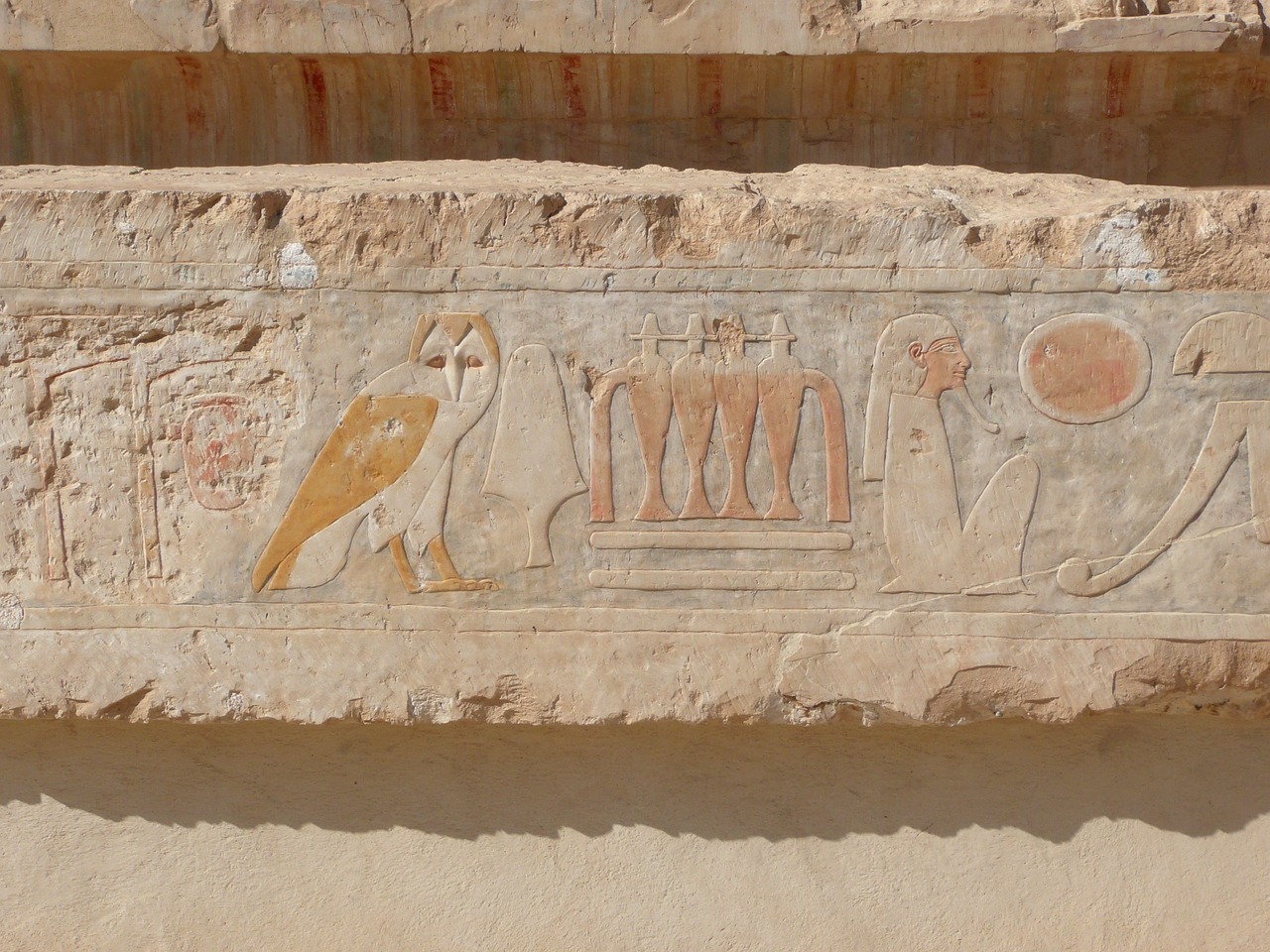
Ancient Egyptian Knowledge of Anatomy
When delving into the realm of ancient Egyptian knowledge of anatomy, we uncover a fascinating world where early civilizations laid the groundwork for modern medical studies. The ancient Egyptians possessed a remarkable understanding of the human body, despite the limited tools and resources available to them. Through meticulous observation and practical experience, they developed a level of anatomical knowledge that continues to influence medical practices today.
One of the most intriguing aspects of ancient Egyptian anatomy was their expertise in mummification. The process of preserving bodies for the afterlife required a deep understanding of human anatomy. By carefully dissecting and studying bodies, ancient Egyptian embalmers gained valuable insights into the inner workings of the human body, including organs, muscles, and bones. This hands-on approach to anatomy laid the foundation for future anatomical studies.
A key contribution of ancient Egyptian anatomy was the concept of organ specialization. Egyptians recognized the unique functions of different organs in the body and understood the interconnectedness of bodily systems. This holistic approach to anatomy paved the way for modern medical specialization, where healthcare professionals focus on specific organs or systems within the body.
Furthermore, ancient Egyptian anatomists documented their findings in detailed medical texts, providing valuable insights into various diseases, injuries, and surgical techniques. These ancient texts not only served as educational resources for future generations but also highlighted the advanced medical knowledge possessed by the Egyptians.
It is truly remarkable to consider how the ancient Egyptians, with their rudimentary tools and techniques, were able to acquire such a sophisticated understanding of human anatomy. Their contributions to anatomical knowledge have left an indelible mark on the field of medicine and continue to inspire medical professionals around the world.

Alchemy and Chemistry in Ancient Egypt
Alchemy and Chemistry in Ancient Egypt delves into the intriguing world of early alchemical practices and chemical knowledge that were prevalent in ancient Egyptian civilization. The ancient Egyptians were pioneers in experimenting with various substances and exploring chemical reactions, laying the groundwork for the development of modern chemistry and scientific experimentation. Their alchemical practices involved a combination of mystical beliefs, spiritual elements, and practical applications, aiming to transform base metals into gold and discover the elixir of life.
Ancient Egyptian alchemists meticulously documented their experiments and findings, creating a foundation for the systematic study of chemical processes. By observing the properties of different materials and substances, they made significant advancements in metallurgy, dye production, and cosmetic formulation. These early chemical investigations not only influenced the development of practical applications but also sparked intellectual curiosity and scientific inquiry that continue to shape the field of chemistry today.
One of the key aspects of alchemy in ancient Egypt was the concept of transmutation, the belief that it was possible to transform one substance into another through a series of processes and rituals. This mystical approach to chemistry was intertwined with religious beliefs and philosophical ideas, reflecting the interconnectedness of science, spirituality, and the natural world in ancient Egyptian culture.
Furthermore, the ancient Egyptians' knowledge of chemistry extended to the preservation of food, mummification practices, and the production of perfumes and ointments. Their expertise in extracting essential oils from plants, creating pigments for art and decoration, and developing medicinal compounds showcased their deep understanding of chemical properties and applications.
Overall, the alchemical and chemical practices of ancient Egypt not only contributed to the evolution of scientific thought but also paved the way for future discoveries and innovations in the field of chemistry. The legacy of their experiments and observations continues to inspire researchers and scientists to explore the mysteries of matter and energy, bridging the gap between ancient wisdom and modern scientific inquiry.
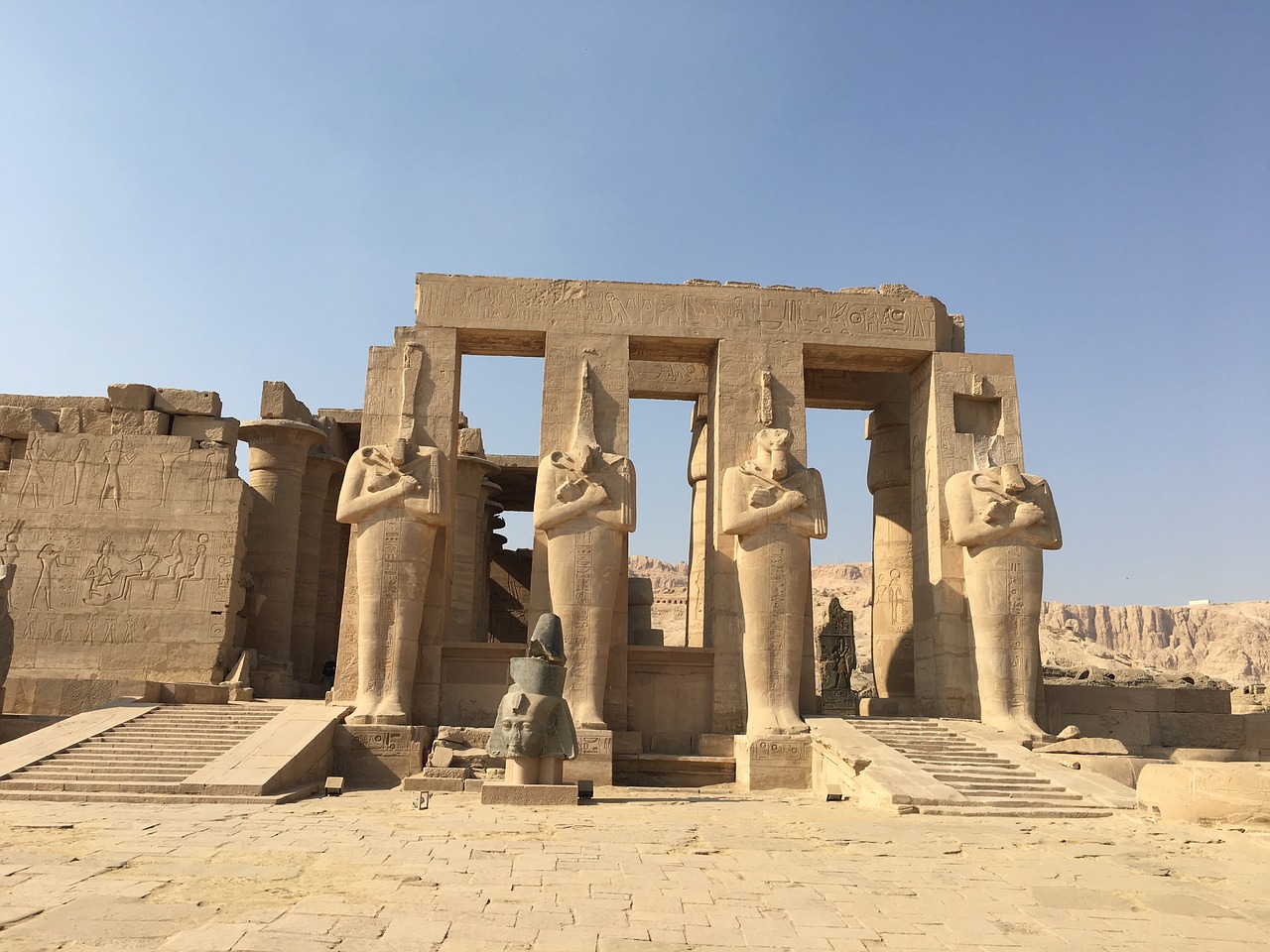
Botanical and Agricultural Practices
Ancient Egypt's influence on modern science extends to their botanical and agricultural practices, showcasing their advanced knowledge in cultivating crops and understanding medicinal plants. The ancient Egyptians were pioneers in agriculture, utilizing the fertile lands around the Nile River to grow a variety of crops essential for their survival and prosperity. Their expertise in irrigation systems, crop rotation, and soil fertility management laid the foundation for modern farming practices.
Moreover, the ancient Egyptians had a deep understanding of the medicinal properties of plants, using them for both healing and spiritual purposes. They cultivated a wide range of medicinal herbs and plants, developing remedies for various ailments and diseases. This botanical knowledge not only influenced their healthcare practices but also laid the groundwork for modern herbal medicine and pharmacology.
The Egyptians' agricultural practices were not only pragmatic but also symbolic, reflecting their spiritual beliefs and connection to the natural world. The cultivation of sacred plants and the use of botanical symbols in religious ceremonies underscored the importance of plants in ancient Egyptian culture. This reverence for nature and its bounty continues to resonate in modern agricultural sustainability efforts and ecological awareness.
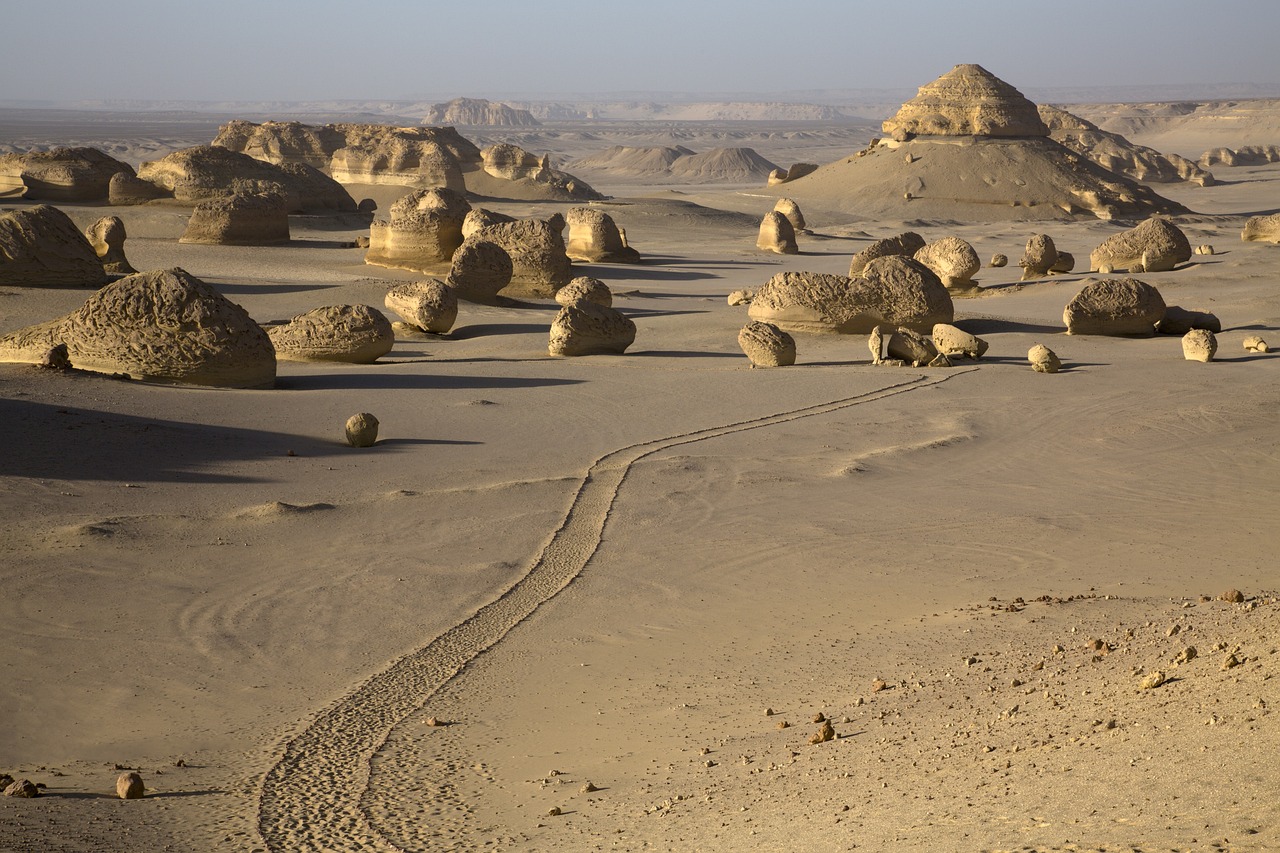
Ancient Egyptian Contributions to Philosophy
Ancient Egypt made significant contributions to philosophy, laying the foundation for many philosophical ideas and ethical principles that still influence modern thought. The ancient Egyptians believed in the concept of Ma'at, which represented truth, balance, order, harmony, law, morality, and justice. This concept of Ma'at influenced their ethical beliefs and societal values, emphasizing the importance of living in harmony and maintaining balance in all aspects of life.
Furthermore, ancient Egyptian philosophy was intertwined with their religious beliefs, as they saw the world as a reflection of the divine order. The Egyptians believed in the existence of an afterlife and the immortality of the soul, leading them to ponder questions about the nature of existence, the purpose of life, and the role of individuals within the cosmic order.
One of the central themes in ancient Egyptian philosophy was the idea of duality, represented by concepts such as light and darkness, order and chaos, and life and death. This dualistic worldview influenced their understanding of the universe and the interconnectedness of all things. The Egyptians also explored concepts of time, eternity, and the cyclical nature of life, reflecting their deep connection to the natural world.
Ancient Egyptian philosophy was not only concerned with metaphysical questions but also with practical matters such as governance, justice, and morality. The teachings of Ptahhotep, an ancient Egyptian philosopher and vizier, emphasized the importance of wisdom, humility, and ethical conduct in leadership and everyday life. His maxims provided guidance on how to live a virtuous and fulfilling life, reflecting the ethical values of ancient Egyptian society.
In conclusion, the ancient Egyptians made enduring contributions to philosophy through their exploration of ethical principles, metaphysical concepts, and practical wisdom. Their philosophical ideas continue to resonate in modern thought, inspiring reflection on the nature of existence, the pursuit of wisdom, and the quest for a harmonious life.
Frequently Asked Questions
- What scientific contributions did ancient Egyptians make?
Ancient Egyptians made significant contributions to various fields such as mathematics, astronomy, medicine, engineering, alchemy, botany, and philosophy. These contributions laid the foundation for many modern scientific practices and innovations.
- How did ancient Egyptian mathematics influence modern math?
Ancient Egyptian mathematics introduced concepts like arithmetic, geometry, and algebra. Their methods for calculations and problem-solving techniques have influenced modern mathematical principles and calculations.
- What were the key advancements in ancient Egyptian medicine?
Ancient Egyptians developed surgical techniques, medical treatments, and anatomical knowledge that have influenced modern healthcare practices. Their understanding of the human body and medicinal plants contributed to advancements in the field of medicine.
- What architectural marvels did ancient Egyptians create?
Ancient Egyptians built impressive structures like the pyramids and temples, showcasing advanced engineering and architectural skills. These constructions have influenced modern construction and design principles.
- How did ancient Egyptian philosophy impact modern thought?
Ancient Egyptian philosophical ideas and intellectual contributions have influenced modern ethical principles and philosophical thought. Their beliefs in life after death and moral values continue to resonate in contemporary society.


